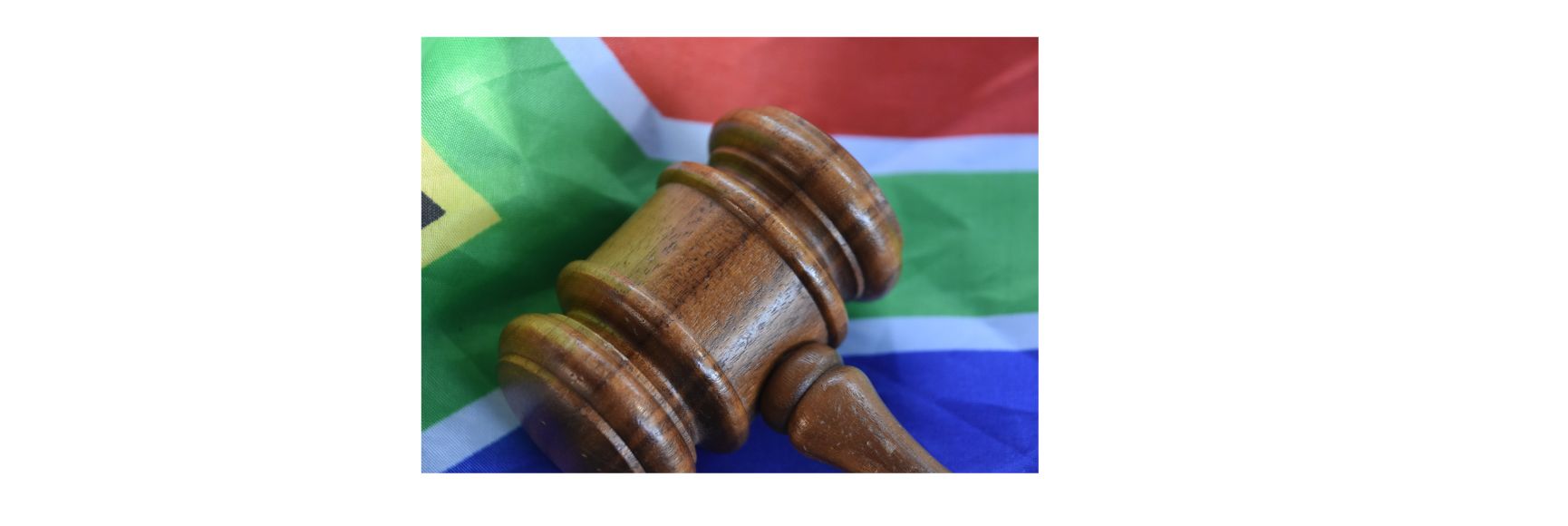
Posted by Celeste Kubasta and Claude Wendling[1]
Transparency International released on January 28, 2021 the latest edition of its Corruption Perceptions Index (CPI). Created in 1995, the CPI scores and ranks countries or territories based on how corrupt a country’s public sector is perceived to be by experts and business executives. The existing methodology has been in place since 2012 and relies on a composite index which combines 13 surveys and assessments of corruption.
The COVID-19 pandemic overshadows the 2020 edition of the CPI. The latest report stresses that persistent corruption is undermining health care systems. Countries performing well on the CPI appear to invest more in health care. They are thus better able to provide universal health coverage and withstand the impact of the pandemic.
180 countries and territories are ranked in the 2020 CPI, on a scale going from 0 (highly corrupt) to 100 (very clean). The average score is 43 with two-thirds of the countries scoring below 50. Denmark and New Zealand (both 88) top the index scores while Syria (14), Somalia and South Sudan (both 12) rank the lowest. Since 2012, 26 countries have improved their scores while 22 show a substantial deterioration. Nearly half of the countries surveyed have failed to significantly improve their score and better combat public sector corruption.
Despite these generally poor results, in countries where the government exercises strong ownership of governance reforms tangible improvements in the CPI score can be achieved. Maldives, for example, improved its score from 29 points in 2019 to 43 points in 2020, the largest single increase of any country. This country’s performance is exceptional, far exceeding the 7 points gain recorded by Armenia and Angola which registered the largest progressions between 2018 and 2019.
What explains the rapid improvement in Maldives? Back in 2016 – the year when the country first participated in the CPI - corruption in Maldives was highly publicized and perceived by citizens as a major problem. This led the government to embark on a range of reforms that included improvements in the legal framework, PFM processes, and fiscal transparency.
In 2020, the Maldivian government’s commitment to transparency and good governance became even more pronounced through its reporting of COVID-19 spending. A weekly report highlights the government’s COVID-19 related health and social sector spending, and includes an update of the government’s economic response package. It also contains a glossary to assist the reader’s understanding of the information provided by the report.
Overall, the CPI remains an important tool to measure progress towards reining in corruption – through strengthening oversight institutions, ensuring open and transparent contracting, extending public participation, and publishing relevant data in an easily accessible format. These reforms are at the center of the IMF’s commitment towards better governance, as captured in the new Framework for Enhanced Engagement on Governance, adopted in April 2018 by the Fund ’s Executive Board.
[1] Celeste Kubasta is a PFM Advisor in the South Asia Regional Training and Technical Assistance Center (SARTTAC) in Delhi, India; Claude Wendling is a Technical Assistance Advisor in the IMF’s Fiscal Affairs Department.
Note: The posts on the IMF PFM Blog should not be reported as representing the views of the IMF. The views expressed are those of the authors and do not necessarily represent those of the IMF or IMF policy.




